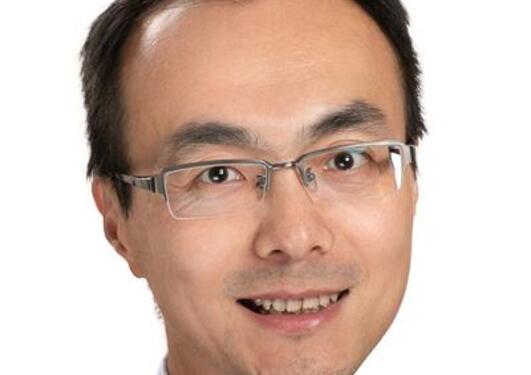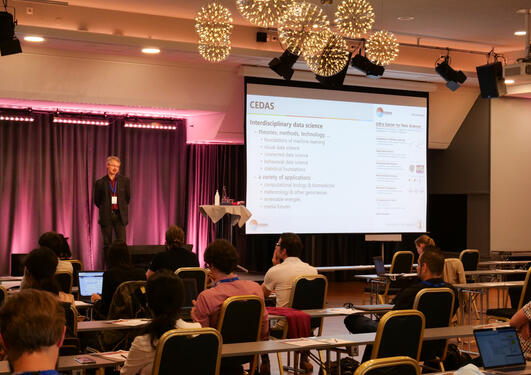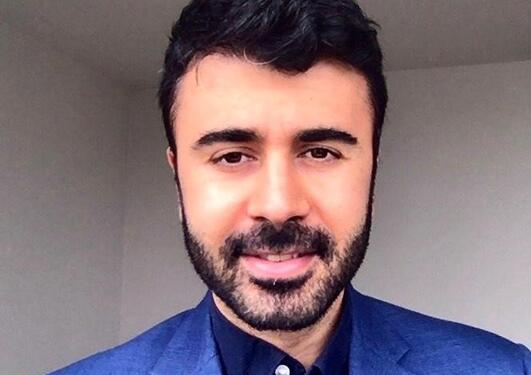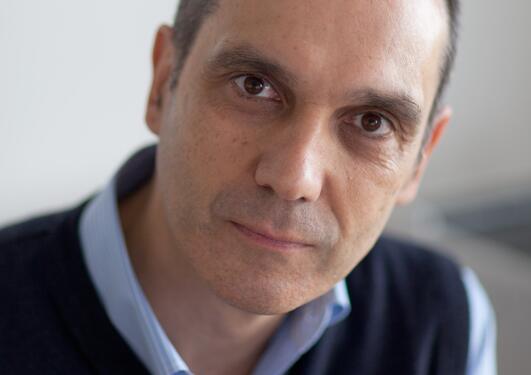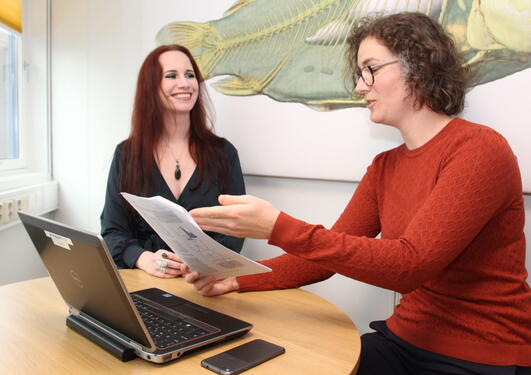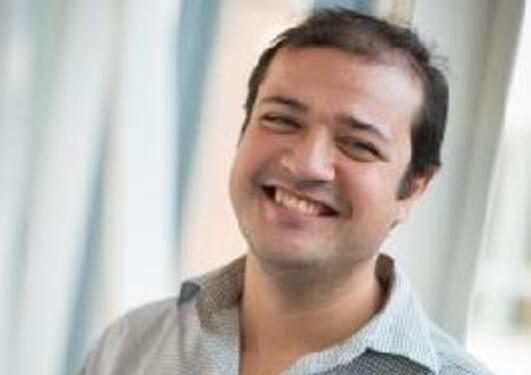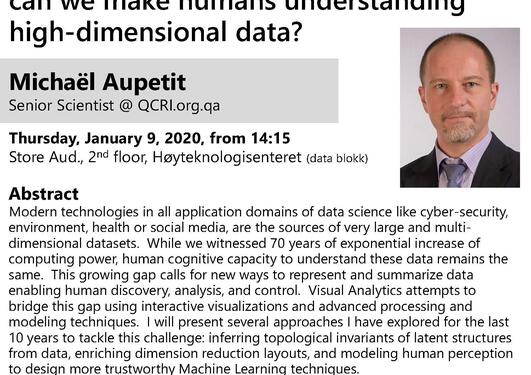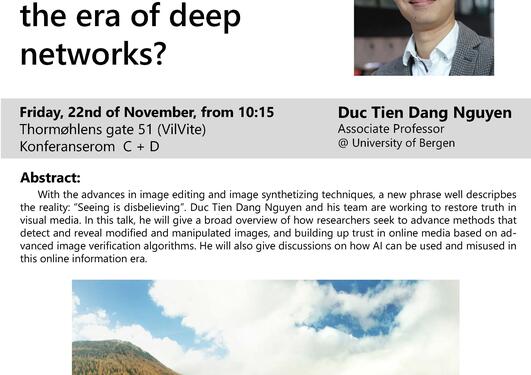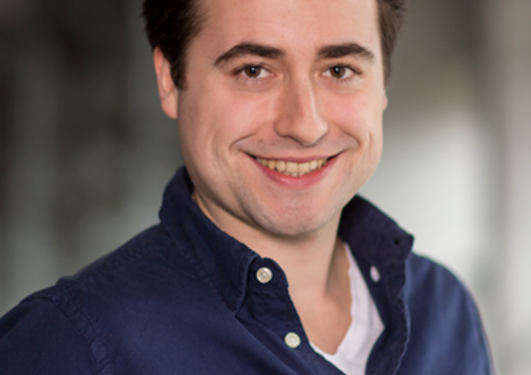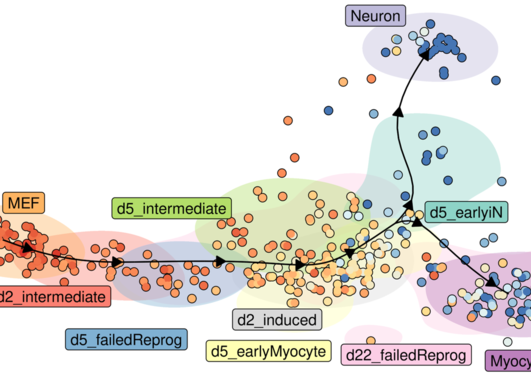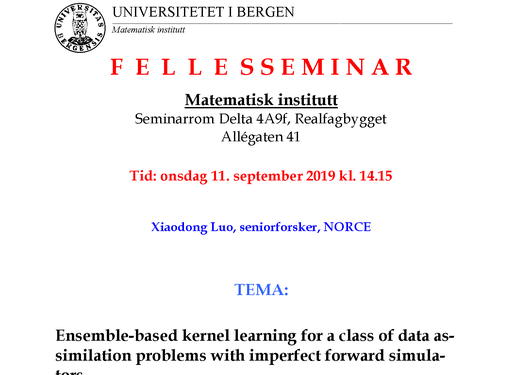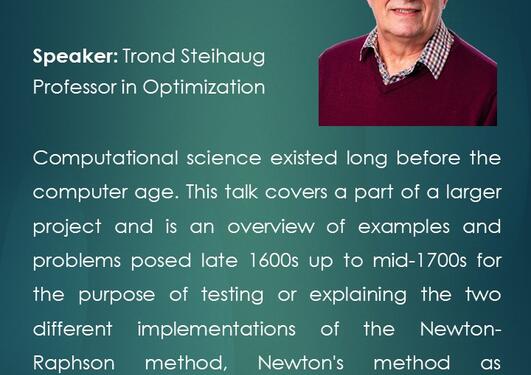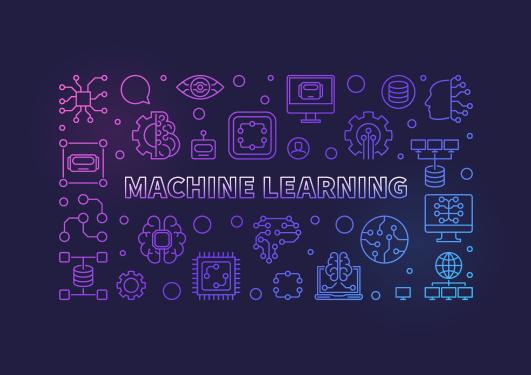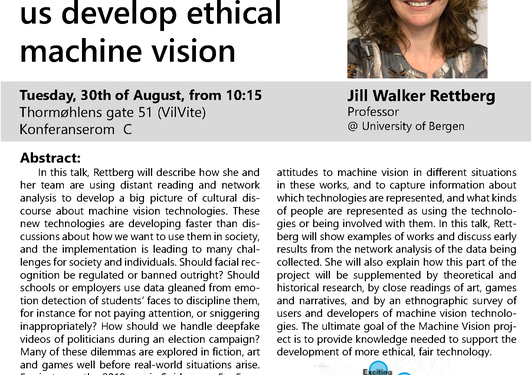Nyhetsarkiv for Center for Data Science
The very first CEDAS-conference (Center for Data Science at the University of Bergen) was held the 1st and 2nd of June both virtually and physically in Bergen.
Does your work involve data science? Are you curious about research in data science in Bergen? The CEDAS conference 2021 will be a 2-day event featuring talks and discussion by leading international scientists and local experts on the interaction between data science, statistics, machine learning, and AI, as well as their applications in science and society.
På Universitet i Bergen (UiB) vokser miljøet innen maskinlæring stadig. Kanskje ikke så rart, når kunstig intelligens er i ferd med å endre hele samfunnet vårt.
What I currently think about machine learning in health, is that it will lead to better health in the world I will try to touch several issues, using examples from the literature and mine (this will be mainly breast cancer models for personalized therapy), among which bias, intelligence (the dynamic one and the hard-coded one), explain black box models (or stop using them?) and slow-AI.
Iain George Johnston will talk about HyperTraPS (hypercubic transition path sampling), a highly generalisable Bayesian approach which efficiently learns evolutionary and progression pathways from cross-sectional, longitudinal, or phylogenetically linked data.
The speaker will focus on the following topics: inferring topological invariants of latent structures from data, enriching dimension reduction layouts, and modeling human perception to design more trustworthy Machine Learning techniques.
With the advances in image editing and image synthetizing techniques, a new phrase well describes the reality: “Seeing is disbelieving”. Duc Tien Dang Nguyen and his team are working to restore truth in visual media.
In this talk, Alain Starke presents his research on energy recommender systems.
The focus of this seminar will be on trajectory inference methods, a novel class of unsupervised computational techniques to model dynamic processes.
In this talk, the speaker will introduce an approach to dealing with simulator imperfection from a point of view of functional approximation that can be implemented through a certain machine learning method, such as kernel-based learning.
The talk will give an overview of computational methods for protein structure prediction.
A seminar about how distant reading and network analysis can be used to develop a big picture of cultural discourse about machine vision technologies.
Sider
- september 2024 (1)
- april 2024 (1)
- september 2023 (2)
- august 2023 (2)
- juni 2023 (1)
- november 2022 (1)
- september 2022 (1)
- juni 2022 (1)
- mai 2022 (2)
- mars 2022 (2)
- februar 2022 (1)
- januar 2022 (1)
- november 2021 (1)
- september 2021 (1)
- august 2021 (1)
- juni 2021 (1)
- april 2021 (2)
- oktober 2020 (1)
- september 2020 (3)
- mai 2020 (1)
- februar 2020 (1)
- desember 2019 (1)
- november 2019 (1)
- oktober 2019 (1)
- september 2019 (3)
- august 2019 (2)
- juli 2019 (1)
- juni 2019 (1)
- april 2019 (2)
- januar 2019 (2)
- november 2018 (1)
- oktober 2018 (1)
- november 2017 (1)
